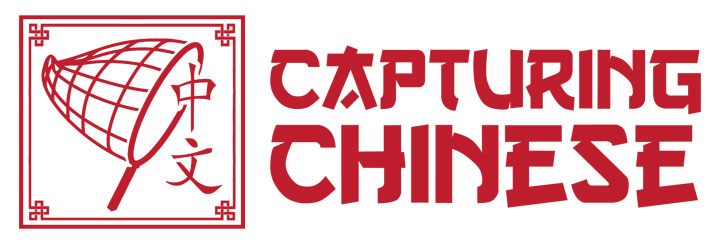Learn Chinese Through Stories: Hu Shi's Mr. Almost Good Enough
Capturing Chinese have brought you notable authors in the past months. This week, our featured author is Hu Shih (胡适-Hú Shì), a Chinese Nationalist scholar, philosopher, diplomat and essayist born December 17, 1891 (Shanghai, China) and who died February 24, 1962 (Taiwan). Hu is well-respected for his great help on the institutionalization of vernacular Chinese as the formal written language of China. Today, he still remains as an inspiration and influence to modern China, due to his exemplary contributions to Chinese liberalism and language reform.
Hu was a recipient of the Boxer Indemnity Scholarship Program, which provided for Chinese students to study in the US. In 1910, he enrolled at Cornell University’s agriculture program. His passion for language motivated him to shift from agriculture to literature and philosophy in 1912. After his undergraduate degree he went on to study under the tutelage of John Dewey at Columbia University.
Hu was deeply influenced by Dewey’s perspectives towards pragmatic evolutionary change. He brought his professor’s idealisms back to China. He facilitated a series of lectures in Peking University where he served tenure. Chinese intellectuals admired Hu’s strong conviction, and he quickly rose to prominence. He became a leader among Chinese intellectuals and supported the May Fourth Movement.
With the aid of his devout supporters, he wrote several political journals and newspapers. He also lead the advocacy towards language reform. He proposed that classical Chinese should be replaced by vernacular Chinese as the formal writing medium which would thus simplify the writing process and allow average Chinese people to enjoy literature, newspapers, etc. Hu succeeded on this endeavor and was one of his most important contributions to modern China.
In 1938, Hu served as the ambassador of China to the United States until 1942. In 1946, he went back to China and became chancellor of Peking University. However, on the eve on the the communist revolution in 1949 he moved to New York where he lived in semiretirement. In 1956 he went to Taiwan to became president of the Academia Sinica in Taipei.
He continued to write through the Free China Journal where he was chief executive. While being a vigorous critic of the govenerment on the mainland, the Kuomingtang (the government in Taiwan) gave him no mercy. The journal was eventually shut down by the government due to its solid criticisms against Chang Kai-Shek.
On the mainland, Hu Shih was villified as an American trained, liberal intellectual. He was even denounced by his own son. The pragmatic evolutionary change that Hu Shi had preached had been replaced by revolutionary change instead. His works were in disrepute on the Mainland until an article written in 1986 advocated remembering Hu Shi’s great contributions to modern Chinese literature.
At the age of 70, he perished due to a heart attack. He is buried in a tomb inside the campus of Academia Sinica.
Hu Shi strongly opposed mediocrity and criticized government officials on their incompetence. Disappointed about the ‘close-to-good-enough’ performance of the nation’s servants, he wrote the essay called “Chabuduo” (差不多) which means, depending on the context, “good-enough,” “close-enough,” or “just about.” In Chinese, it is literally defined as “difference not much.”
In the essay, Hu presented laziness in human form whom he calls Mr. Chabuduo. “Mr. Chabuduo’s appearance resembles yours and mine. He has two eyes - but does not see things very clearly. He has two ears - but they don't listen very well. He has a nose and a mouth, but does not distinguish much between different smells and tastes. His head isn't particularly small - however - his memory isn't very good.”
He described how China is responding to the likes of Mr. Chabuduo, in terms of education, work, and discipline. Without any inhibitions, he gave a grave warning that a societal cancer of laziness is spreading and must be suppressed. With each passing day, Mr. Chabuduo’s reputation continues to spread far and wide. Countless people study his example with the result that everyone is now becoming a “Mr. Chabuduo” and is the reason why China is quickly being transformed into a country that the rest of the world will soon call “the Nation of Laziness.”
Here is the story.
Learn Chinese Through Stories: Hu Shi's Mr. Almost Good Enough
Helpful links:
http://www.jstor.org/pss/651783
http://www.answers.com/topic/hu-shih
http://en.wikipedia.org/wiki/Hu_Shih
http://www.readchinese.net/chabuduoxiansheng
